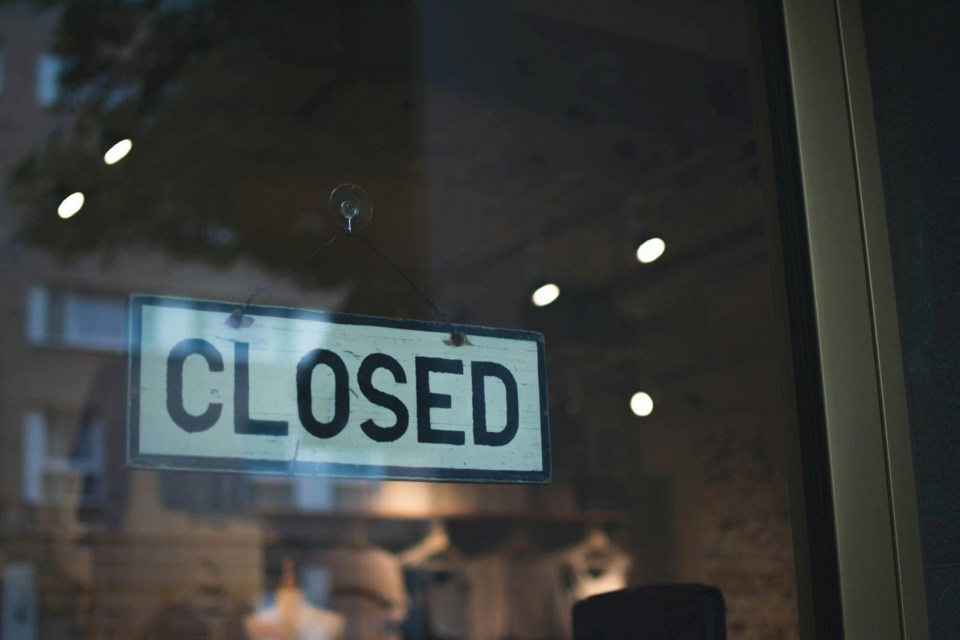TL;DR For local shops, online reviews can make or break success. In today’s digital-first world, customers often look at reviews before stepping inside your store or booking your service. Platforms like Google, Yelp, and Facebook play a major role in shaping public perception and directly influence local SEO rankings. This makes review management one of the most important aspects of local business marketing. But with so many tools and platforms available, the question becomes: what platform should you use to manage online reviews for your local shop?
Why Review Management Matters for Local Shops
Reviews aren’t just feedback. They act as digital word-of-mouth, influencing buying decisions and sending trust signals to search engines. A shop with dozens of 5-star reviews looks more appealing to potential customers than one with only a handful or worse, no reviews at all. Search engines like Google also reward businesses with strong, consistent reviews by boosting their visibility in local search results.
Whether you run a bakery, salon, auto repair shop, or boutique, having the right review management platform ensures you can collect, monitor, and respond to reviews in one place. This helps improve reputation, attract more customers, and strengthen SEO performance.
If you’re unsure which option is best for your shop, you can always book a free consultation with our team for personalized advice: Book Your Free Call.
The Best Platforms to Manage Online Reviews for Local Shops
There isn’t a one-size-fits-all answer because the best review management platform depends on your business type, budget, and goals. Here are some of the top platforms local businesses use:
Google Business Profile
The most critical platform for any local business is Google Business Profile. It’s free, widely used, and directly tied to local SEO rankings. Positive Google reviews increase your chances of showing up in the coveted “map pack” at the top of search results. Every local shop should prioritize Google reviews.
Yelp
Yelp remains popular, especially in industries like dining, hospitality, and personal services. While its influence varies by location, shops in urban areas often benefit from strong Yelp presence. The platform emphasizes authenticity and can significantly drive foot traffic.
With billions of users, Facebook reviews are highly visible and allow businesses to interact directly with customers. Facebook reviews also tie into social sharing, which can help spread brand awareness beyond your immediate customer base.
Reputation Management Tools (Birdeye, Podium, ReviewTrackers)
If your business receives reviews across multiple sites, reputation management tools consolidate everything in one dashboard. Platforms like Birdeye, Podium, and ReviewTrackers allow you to monitor reviews, request feedback via SMS or email, and respond quickly. While these tools involve monthly fees, they save time and ensure consistency.
Local Business Marketing Help Resources
For local shops looking to balance affordability with effectiveness, specialized platforms like Local Business Marketing Help offer tailored review management services designed specifically for small businesses. These services focus on generating more reviews while improving overall local SEO visibility.

5 Follow-Up Questions Business Owners Ask About Review Management Platforms
1. Which review platform has the biggest impact on SEO?
Google reviews have the strongest direct impact on local SEO. Positive reviews help improve your Google Business Profile rankings and visibility in search results, making them essential for local shops.
2. Should I focus on one platform or multiple?
It’s best to focus on Google first since it impacts SEO the most, then expand to platforms like Yelp and Facebook based on where your customers spend time. Using a review management tool can help you keep everything organized.
3. How often should I ask for reviews?
Consistency is key. Request reviews after every positive customer interaction. Over time, a steady stream of authentic reviews builds credibility and avoids sudden suspicious spikes in feedback.
4. What’s the best way to handle negative reviews?
Always respond quickly and professionally. Thank the customer for their feedback, acknowledge their issue, and offer to resolve it offline. A thoughtful response shows potential customers that you care about customer service.
5. Can review management tools help me generate more reviews?
Yes. Tools like Podium and Birdeye allow businesses to automate review requests via SMS or email. This increases the likelihood of customers leaving positive feedback after their visit.
Actionable Tips for Choosing the Right Review Platform
- Start with Google Business Profile since it has the biggest impact on SEO
- Identify which platforms your customers use most (Yelp for restaurants, Facebook for community-based shops, etc.)
- Consider investing in a review management tool if you receive reviews across multiple channels
- Encourage customers at the point of sale with QR codes or follow-up emails
- Respond to every review, positive or negative, to build trust
If you’re unsure where to start or which platform would work best for your business, scheduling a free consultation can provide clarity: Schedule Here.
For more strategies on improving your local marketing, visit Local Business Marketing Help.
FAQ
Q: What’s the most important review site for local businesses?
A: Google Business Profile is the most important since it directly impacts local search rankings.
Q: Do online reviews really affect how customers see my business?
A: Yes. Most customers trust online reviews as much as personal recommendations, making them a powerful trust-building tool.
Q: Are paid review platforms worth it for small shops?
A: If you get reviews across multiple platforms and need efficiency, paid tools like Birdeye or Podium can be worth the investment.
Q: How many reviews should I aim to collect?
A: Aim for steady growth over time. Having at least 20 to 50 authentic reviews can significantly improve your credibility.
Q: Can I remove fake or harmful reviews?
A: Most platforms allow you to flag reviews that violate guidelines, but removal isn’t always guaranteed. The best defense is building a large base of genuine positive reviews.
